We use competitive markets to arrange for delivery of our food supply
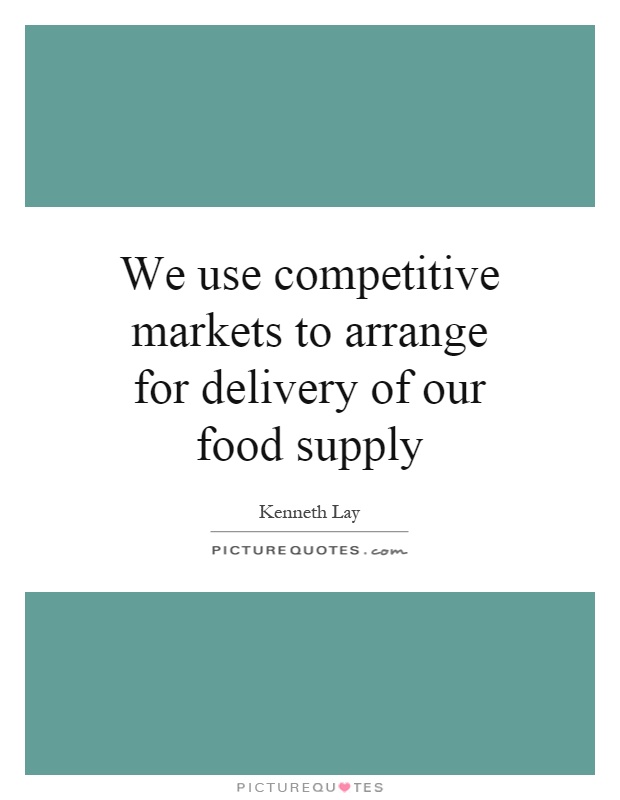
We use competitive markets to arrange for delivery of our food supply
Kenneth Lay, the former CEO of Enron Corporation, was a key figure in one of the biggest corporate scandals in history. Enron's collapse in 2001 was a result of widespread accounting fraud and corruption, which ultimately led to Lay being convicted of multiple charges including securities fraud and conspiracy. However, before his fall from grace, Lay was known for his business acumen and leadership in the energy industry.One of the key aspects of Lay's business philosophy was the use of competitive markets to arrange for the delivery of Enron's food supply. This approach was in line with his belief in the power of free markets to drive efficiency and innovation. By leveraging competition among suppliers, Lay believed that Enron could secure the best quality food at the most competitive prices.
Lay's reliance on competitive markets for food supply delivery was a reflection of his broader approach to business. He believed that competition was essential for driving efficiency and ensuring that resources were allocated in the most effective way. By allowing suppliers to compete for Enron's business, Lay believed that the company could benefit from lower prices, higher quality, and greater choice.
However, Lay's reliance on competitive markets for food supply delivery also had its drawbacks. The intense competition among suppliers could sometimes lead to unethical behavior, such as price-fixing or collusion. In the case of Enron, this focus on competition may have contributed to a culture of cutthroat competition and unethical behavior that ultimately led to the company's downfall.
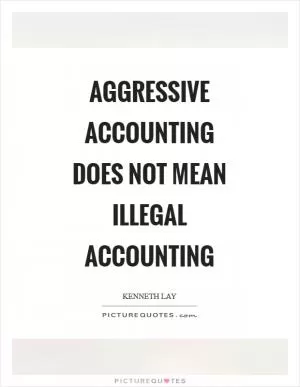
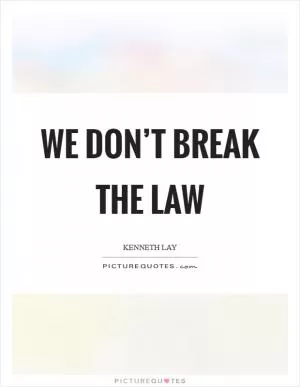
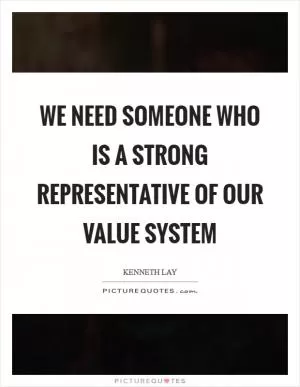
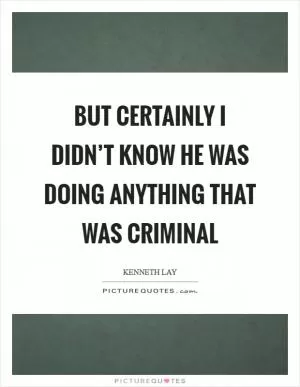
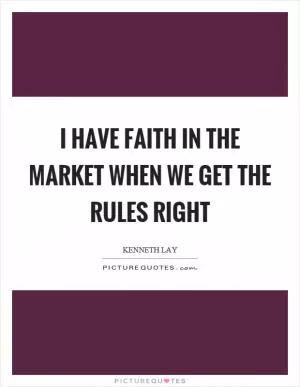
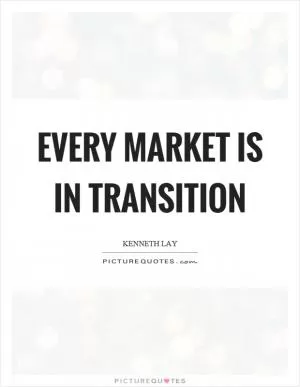
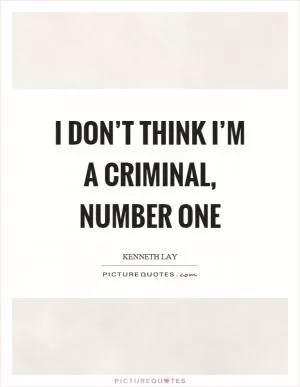
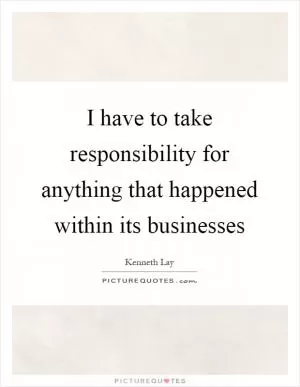
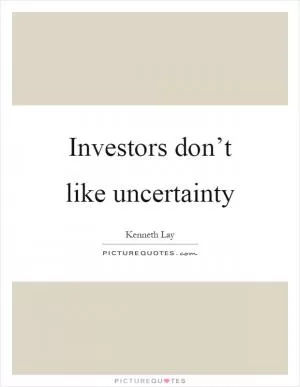
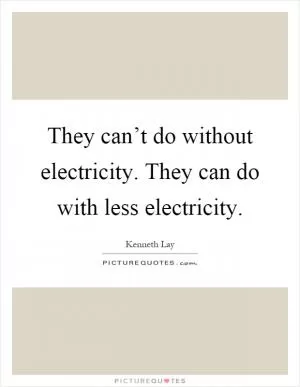
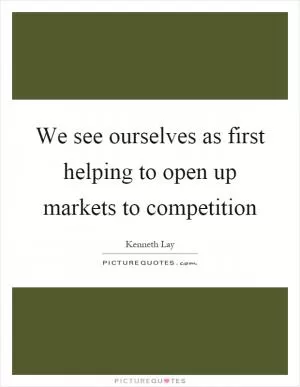
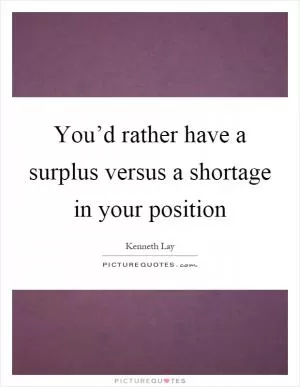
 Friendship Quotes
Friendship Quotes Love Quotes
Love Quotes Life Quotes
Life Quotes Funny Quotes
Funny Quotes Motivational Quotes
Motivational Quotes Inspirational Quotes
Inspirational Quotes